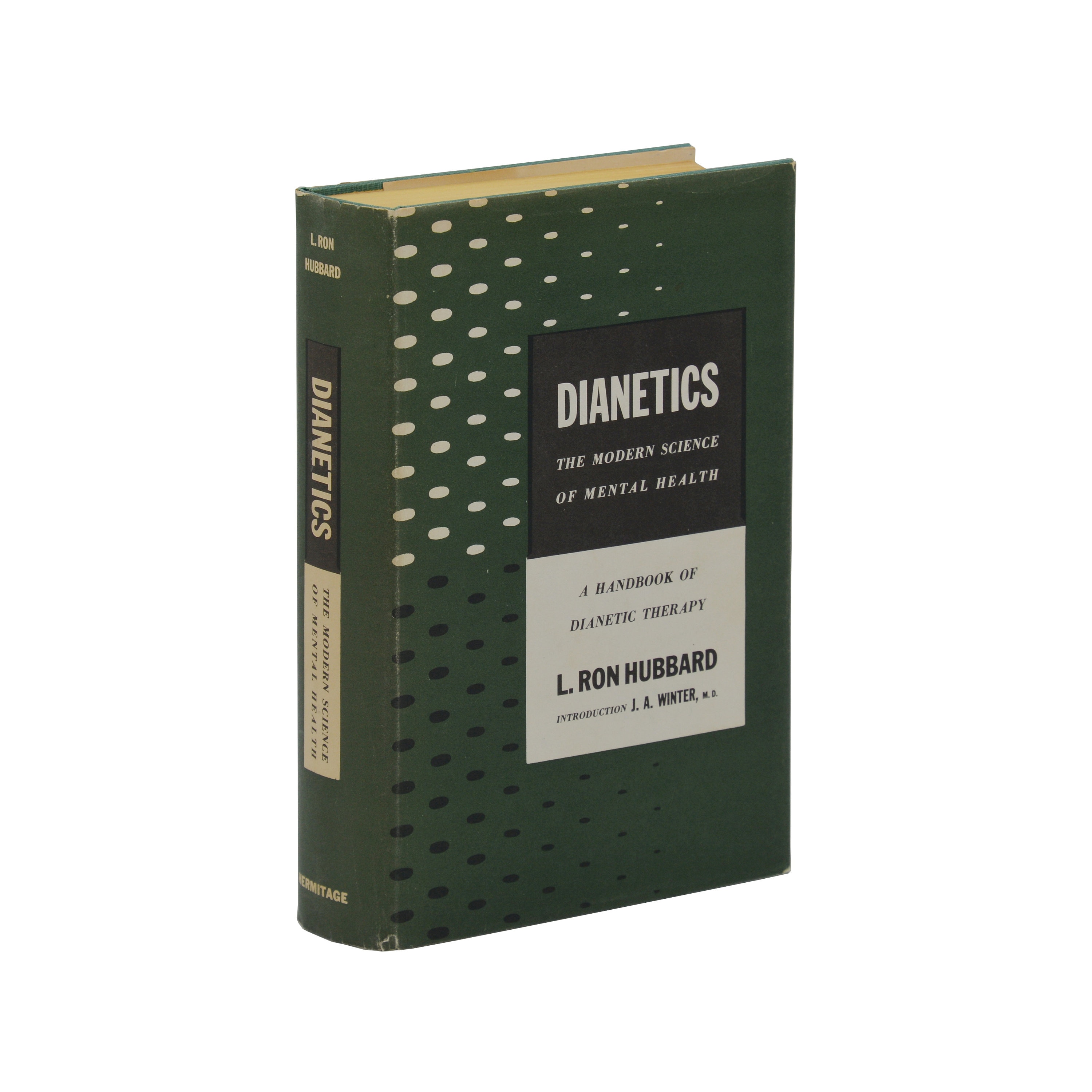The Dianetics Diaries
Table of ContentsDianetics Things To Know Before You BuySee This Report about DianeticsThings about DianeticsThe Of Dianetics
I couldn't ever not intend to get anything that enters your mind for you- if it was or else, I would not be sitting here with you, doing this. I not just might never ever have a problem, or not intend to hear something that enters your mind for you, yet I'm totally anxious to recognize every concept, every idea, every photo or feeling that arises or manifests for you- do not ever believe or else, and if somehow you do, please just allow me recognize! Sometimes, you might have a thought, and image, concept or occurrence pop up that does not seem to answer the question, or associate with it, yet however, constantly do inform me regarding it, and as we proceed, the relevance will arise for you.This is integral in the basis of processing, and the subject of this conversation: the standard duties of the therapist and the client: The basic role of the counselor is, in contrast to "standard training", not to control, which means to impose and/or inhibit, yet to instead function from the basis of EMPOWERING THE CLIENT.

Top Guidelines Of Dianetics
John Mcmasters revealed this basic truth incredibly well in among his lectures on Power handling, wherein he explains exactly how he was asked what this "special propensity" was that he had for providing such excellent sessions; he had to think about that for a minute, and found that it was what he had not been doing, along with what he was doing: he wasn't evaluating, evaluating, computing, or actually, creating any thoughts, let alone spoken expressions, after offering the command and while waiting for the PC to finish their solution to their contentment; he was, merely and just, existing with the computer, and entirely interested.
The role of the therapist, showed; that was his "special flair". I have actually had my own experience which educated me this well, very early on in the game. In 1982, having just recently finished my training and teaching fellowship on New Period Dianetics, I was running this on a PC, and there was a factor in the session where (being a little bit damp behind the ears not yet having lots of hours under my belt as an expert auditor) the computer seemed to be "taking as well lengthy" to share anything verbally after I provided him a command.
This secret became one of the most beneficial contribution that John ever made to the topic of treatment or bookkeeping (Dianetics). In my modest point of view, it is the best contribution that any person has actually ever before made to these subjectsthe application is totally non-judgemental, non-evaluative, and without any pointer, suggestions or opinion.no preconceived schedule for people, or 'degrees' that they should do
In Idenics, the only source of details concerning a client is the specific customer. In Scientology we prided ourselves on not assessing for people. Yet all that really implied was that the auditor did not vocally review for the PC in session. The registrars and principles officers examined for the PC.
About Dianetics

Anyone who had actually ever before seen John audit could not aid however observe an one-of-a-kind high quality in his bookkeeping."The client's fundamental duty is to be there with the purpose of relocating the instructions of their spiritual objectives, and to freely and fully share and experience whatever materializes for them in answering the inquiries and carrying out the next page guidelines in the handling.
This is something to procedure as needed. Also, people often have prior experience and/or indoctrination in auditing/processing which, in some methods, and to some degrees, actually misinforms them into mindsets, ideas and behavior patterns that prevent the complete understanding of these duties, and so they will certainly often tend to inhibit the expressing of what comes to mind, as in the examples provided above - Dianetics. * The first, and maybe leading instances of mis-indoctrination leading to less than entirely smooth and effective sessions, can be found in particular aspects of the training regimens, or "TR's":"TR's" are commonly an individual's first, or a minimum of early, experience in Scientology, and while I will go on to describe what I view as the problems in principle and practice, nevertheless, have a tendency to be considerably therapeutic, done as they are provided (Hubbard firmly insists that "TR's are not processing, they are training", however factually, they are both processing AND training)
Alan Walter made similar monitorings, and enhanced these with his "Existence Processes". There is no "flunking", and no rejection of the fact of this being handling. The focus, as it needs to be, gets on experiencing the other individual's presence. All the manifestations which get a "fail" in doing "TR-0" are merely the being's efforts to stand up to the various other person's existence, and instead of being pestered and badgered with "Flunk", which imposes "failing!" on the being, one simply requires to be motivated to "stick their feet in the water a little much deeper", to significantly restore their ability and readiness to fully share and experience "being right here", or "existence", with others.
Some Known Details About Dianetics
